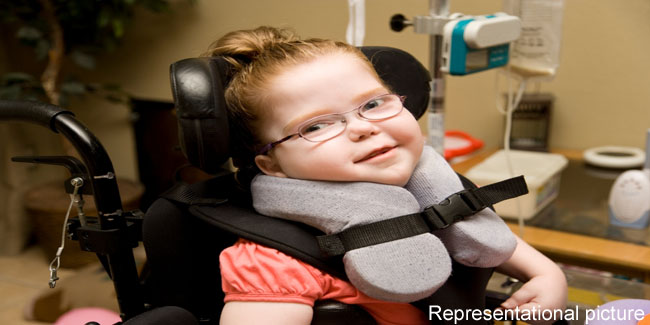
Nagpur News: Parents of children suffering from cerebral palsy (CP) recently had the chance to clarify many of their doubts about the affliction. Their queries were answered by internationally renowned expert Dr Anaita Hegde, who is also a member of Indian Association of Cerebral Palsy, and well known physiotherapist Dr Snehal Deshpande.
Dr Hegde, who is associated with Mumbai’s Wadia Hospital and Jaslok Hospital told the parents how cerebral palsy can be medically managed with the help of many advanced techniques now available. Dr Deshpande spoke about the recent advances in physical rehabilitation of kids with CP.
To a query raised by one of the parents about the efficacy of stem cell therapy, Dr Hedge said that the method is still under research and so not proven to be a mode of treatment yet. She urged parents not to opt for it before having complete information about who is providing the therapy and in what capacity.
Dr Deshpande counted several novel methods like taping, Fabrifoam, Walkaide and Matrix Therapy, which can help improve progress of children affected by the disease. Physiotherapists Dr Gauri Khandekar and Dr Ashu Girdhar also presented some interesting cases after the interactive session.
It is worth mentioning here that Cerebral palsy (CP) is a disorder that affects muscle tone, movement, and motor skills (the ability to move in a coordinated and purposeful way). CP is usually caused by brain damage that occurs before or during a child’s birth, or during the first 3 to 5 years of a child’s life.
The brain damage that leads to cerebral palsy can also lead to other health issues, including vision, hearing, and speech problems, and learning disabilities.
There is no cure for CP, but treatment, therapy, special equipment, and, in some cases, surgery can help a child who is living with the condition.
The three types of CP are:
spastic cerebral palsy — causes stiffness and movement difficulties
athetoid cerebral palsy — leads to involuntary and uncontrolled movements
ataxic cerebral palsy — causes a disturbed sense of balance and depth perception












